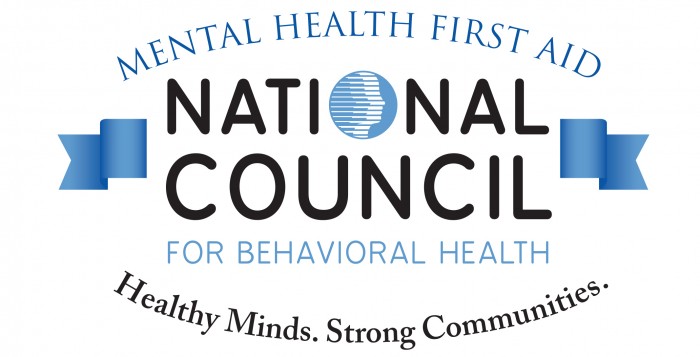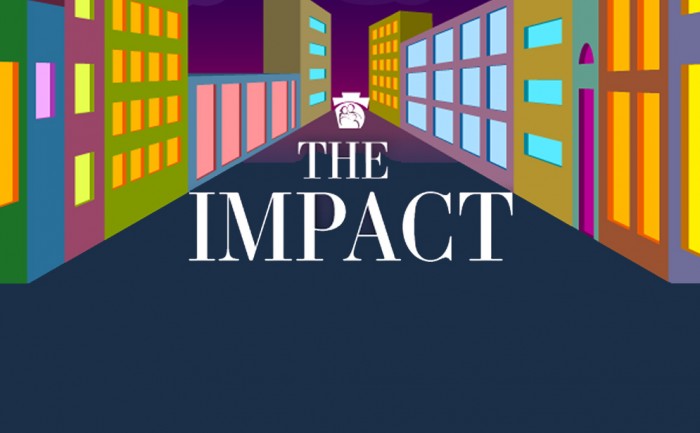Jim Sharp
DHS “The Impact” — Prioritizing Children’s Health Care
The Pennsylvania Department of Human Services sends weekly updates via “The Impact,” a newsletter about positively impacting the lives of Pennsylvanians. Here is the October 11, 2017 issue, focused on Children’s Services —
THIS WEEK’S IMPACT: PRIORITIZING CHILDREN’S HEALTH CARE (October 11, 2017)
In the Know on Behavior and Wellness (CCC of Mercer County Newsletter)
OCDEL One-Day Free Conference on Family Engagement
The Office of Child Development and Early Learning (OCDEL) is offering two opportunities to attend a free conference in Harrisburg and in Scranton this November. The conference is open to stakeholders who focus on services for prenatal through third grade.
The conference will be held in:
- Harrisburg – Tuesday, November 14, 2017
- Scranton – Wednesday, November 15, 2017
*Act 48, PQAS, and Infant/Toddler credits are offered.
Family Based Regional Team Meetings Hosted by Children’s Bureau
The Office of Mental Health and Substance Abuse Services’ Children’s Bureau is hosting four regional meetings for family based providers during the month of October. If you plan to attend one of the four meetings, please use this link. Each provider is asked to register no more than two individuals. For programs with more than one family based site, please register each family based director and one agency administrator. Thank you in advance for taking advantage of this opportunity!
Study Reports that Mental Health, Alcohol Abuse Top Causes of Avoidable ED Visits
A significant number of “avoidable” visits to US emergency departments (EDs) are for mental health and alcohol problems, as well as dental problems, which the ED is not fully equipped to treat. Using the National Hospital Ambulatory Medical Care Survey, the researchers analyzed data on 424 million visits made to US EDs between 2005 and 2011 by patients aged 18 to 64 years. The researchers “conservatively” defined “avoidable” ED visits as discharged ED visits that did not require any diagnostic tests, procedures, or medications. The authors of the study from the Department of Emergency Medicine, University of California, San Francisco note that: “Emergency physicians are trained to treat life- and limb-threatening emergencies, making it inefficient for patients with mental health, substance abuse, or dental disorders to be treated in this setting.” The study was published online August 31 in the International Journal for Quality in Health Care.
For practitioners, hospitals, and policymakers in Pennsylvania, reports like this and others raise the question: Where can these patients be best served in the community when urgent and emergency behavioral care services are not available in Emergency Departments? And also, how can communities and health care systems plan and practice whole person emergency care in an era of integrated and co-located physical and mental health care?
Community Mental Health Services Block Grant Comments due August 31
The draft of the 2018–2019 Community Mental Health Services Block Grant (CMHSBG) is now available for comment. This application was developed with stakeholder input from the Mental Health Planning Council; view/download the application here.
The application provides a review of the current strengths and needs in the Pennsylvania Mental Health System and plans priority areas for improvement.
Any comments or questions regarding the 2018–2019 CMHSBG may be directed to Wendy Tucker via email or phone at 717-705-8280. The comment period will close August 31.
In the interest of time, please feel free to submit comments to Wendy Tucker directly; however, we would be very interested in your input into the draft. Please copy Sarah Eyster or Robena Spangler with your comments. Thank you for your anticipated response to this opportunity.
Aggression Replacement Training (ART) Offered by The Redemption Project
The Redemption Project is offering training, at no cost, to agencies that provide services to delinquent youth. Aggression Replacement Training/Character: Be About It is an evidence-based, cognitive behavioral, group intervention.
The program has four components:
- Skillstreaming teaches youth pro-social skills;
- Anger Control teaches self-regulation skills;
- Moral Reasoning teaches youth the purpose for using the newly learned skills; and
- Character: Be About It teaches youth about the 12 essential character traits that reinforce components of ART.
Agencies will be provided with a two-day clinical training, a one-day booster training, and training of agency trainers to promote sustainability of the intervention over time. All curriculum/materials will be provided. Agencies are responsible for providing a training site.
Interested agencies must submit a Letter of Interest, which must be on letterhead and have a contact person responsible for scheduling training. Please email Letters of Interest to Robert Oliver. If you have questions, please call Mr. Oliver at 814-397-6010.
Thank you to our friends at the Pennsylvania Commission on Crime and Delinquency (PCCD) for sharing this information with us.
Wolf Administration Launches Revisions to Early Learning Provider Program
SAMHSA Webinar: Medicaid Coverage and Financing of MAT, Current Status and Promising Practices
August 17, 2017
3:30 – 5:00 pm ET
Presenters:
- Mitchell Berger, SAMHSA
- Peggy O’Brien, IBM Watson Health
- Colleen LaBelle, Boston University Medical Center
- Mark Stringer, Missouri Department of Mental Health
- Molly Carney, Evergreen Treatment Services
Register for free
The webinar will cover a forthcoming update to the 2014 SAMHSA report on Medicaid Coverage and Financing of Medications to Treat Alcohol and Opioid Use Disorders and will review information on state Medicaid payment policies for medication assisted treatment (MAT). Speakers also will present case studies of innovative MAT models. This up-to-date information about Medicaid MAT coverage will be helpful for consumers and family members, providers, health plan and Medicaid staff, policymakers and government officials.
After this webinar, participants will:
- Understand how MAT currently is covered under Medicaid at the state level
- Understand barriers to MAT coverage and possible actions to improve coverage
- Be able to describe some innovative financing models
Questions? Send via email.
Disclaimer: This webinar is funded by the Substance Abuse and Mental Health Services Administration (SAMHSA), U.S. Department of Health and Human Services (HHS). The views and opinions expressed and the content of the webinar are those of the participants and do not necessarily reflect the views, opinions, or policies of SAMHSA or HHS.















